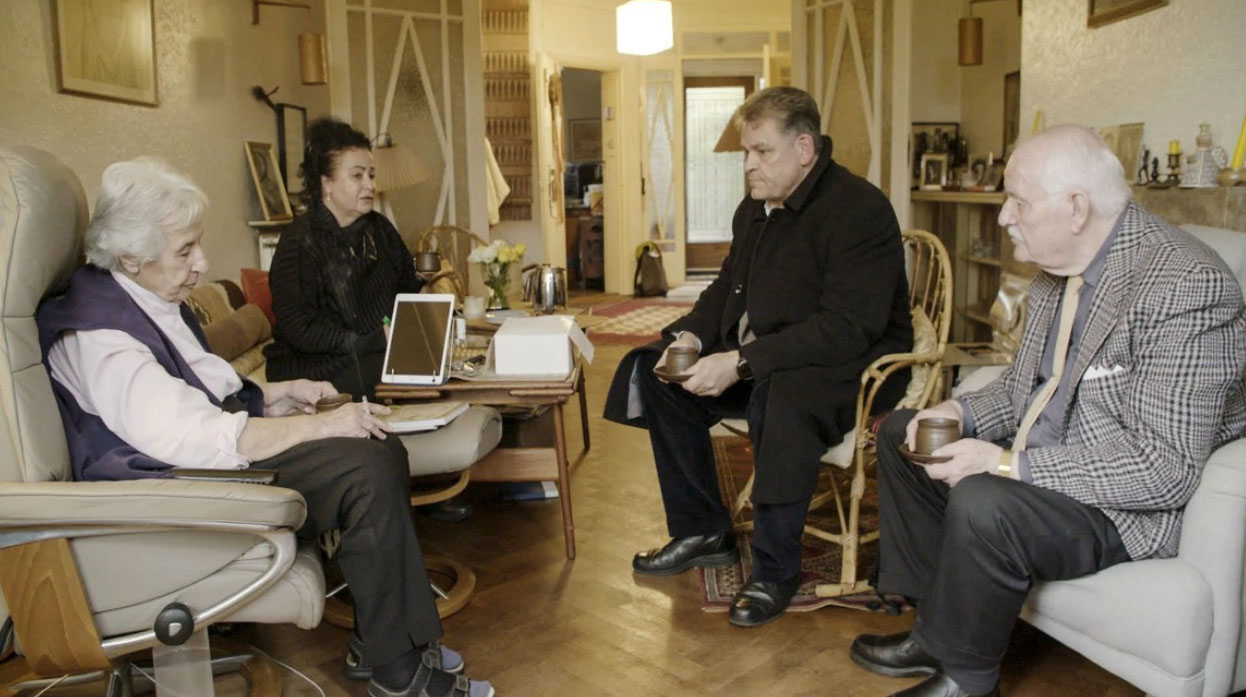Los Angeles is a wonderful city. As a native, I have a love for the climate, the landscape, the diversity of peoples — all of which make for a dynamic and interesting place to live and raise a family.
What doesn’t seem so dynamic is the profound dysfunction that has marked our political environment over the past few years. It just seems to linger. My colleague, Joe Hicks, and I have written about the pension issues that plague Los Angeles and so many other jurisdictions, the mishandling of the Autry National Center and several other matters that have displayed the vacuum in leadership that seems to be especially marked these days.
But of all those issues, none strikes as resonant a chord personally as a story that appeared in the LA Weekly last week about the dismantling of the Los Angeles Public Library system. Having served on the Library’s Board of Commissioners and as its president over a decade ago, it is especially painful to watch as budget cuts destroy what is probably the best-run institution in local government.
Clearly, the city, along with virtually every other level of government, faces a financial crisis; cuts in budgets are inevitable and hard to criticize, and I am not suggesting special pleading for the libraries because they are so wonderful. A budget crisis is a crisis, and everyone suffers.
But Boston, New York, Chicago and Detroit faced budget cuts, too; unlike Los Angeles, though, as the Weekly pointed out, those cities have “political leaders who control the purse strings … [who] fought and saved their libraries from severe harm.”
In Los Angeles, the Weekly argues, “Mayor Antonio Villaraigosa executed an unprecedented, and punishing, raid on the libraries.” The L.A. City Council, unlike New York’s, put up no fight in the face of the mayor’s budget-cutting knife.
Los Angeles has the ignominious distinction of joining Detroit as the only big city to close down its entire library system two days a week. And, according to the Weekly, we are the only major city to close its central library two days a week.
Inarguably, tough times call for tough actions, and libraries shouldn’t be exempt from the pain that everyone else is undergoing. But when the cuts make no sense and are counter-productive in the face of other city expenditures, it makes one wonder what’s going on.
The Weekly’s analysis is most piercing when comparing the amounts cut from the library (restoring all 64 branch libraries on Mondays and the nine regional branches and Central on Sundays and Mondays would cost approximately $10 million) against the amounts spent on questionable “gang-reduction” programs that receive millions and target some of the same population that the libraries serve so well.
As City Controller Wendy Greuel pointed out, no one knows if the city’s Gang Reduction and Youth Development (GRYD) works, yet it received $18.5 million from the City Council. An analysis cited by the Weekly concluded that “the mayor and City Council’s confidence in the GRYD’s central programs isn’t grounded in quantifiable facts.”
I’m reminded of a television program I co-hosted with Joe Hicks, my partner at Community Advocates, for several years on KCET. On one program we were joined by anti-gang maven and Los Angeles Times reporter David Zahniser, who had written about anti-gang programs. Zahniser had documented the bias in favor of these programs and the belief that funders often harbor that the programs will deliver redemption if only enough money is spent on them. In one instance, he recounted an anti-gang program that in its annual report to the City Council:
… filled out all the forms and, when they finished the assessment, they concluded that that program had diverted exactly two people from gangs.
The reaction that the Council had to that assessment was, “Oh, my gosh, this program has not been getting the resources they need to do the paperwork right.” What happened was that that program got more money, not less. They didn’t say zero out the money for the program with the bad numbers. They actually said, you know, they’re having trouble with the administrative side, and they actually went in the other direction.
The data from GRYD’s 2009 report that the Weekly cites is the heart of the article. Apparently, last year the program enrolled 2,702 at-risk 10- to 15-year-olds and 825 older kids. According to the Weekly, that comes to $5,245 for each at-risk kid.
The Los Angeles public libraries serve approximately 15,000 young people daily; many of them come in after school for a safe and positive environment because their parents aren’t home or their neighborhood isn’t safe and they have homework to do.
You can do the math, but that comes out to about $6.40 per kid, contrasted with the GRYD’s $5,200-plus per youth.
Put aside romantic notions of what a library should be and the disturbing notion that the repository of our civilization’s ideas is being shortchanged; in a plain, pragmatic dollars-and-cents reckoning, closing down libraries and telling 15,000 kids that they had better find someplace else to go makes no sense. Take two-thirds of the GRYD kids and send them to the library; they might learn something and we’d save a lot of kids, money and libraries.
David A. Lehrer is the president of Community Advocates Inc., a Los Angeles-based human relations organization chaired by former mayor Richard J. Riordan.






















 More news and opinions than at a Shabbat dinner, right in your inbox.
More news and opinions than at a Shabbat dinner, right in your inbox.